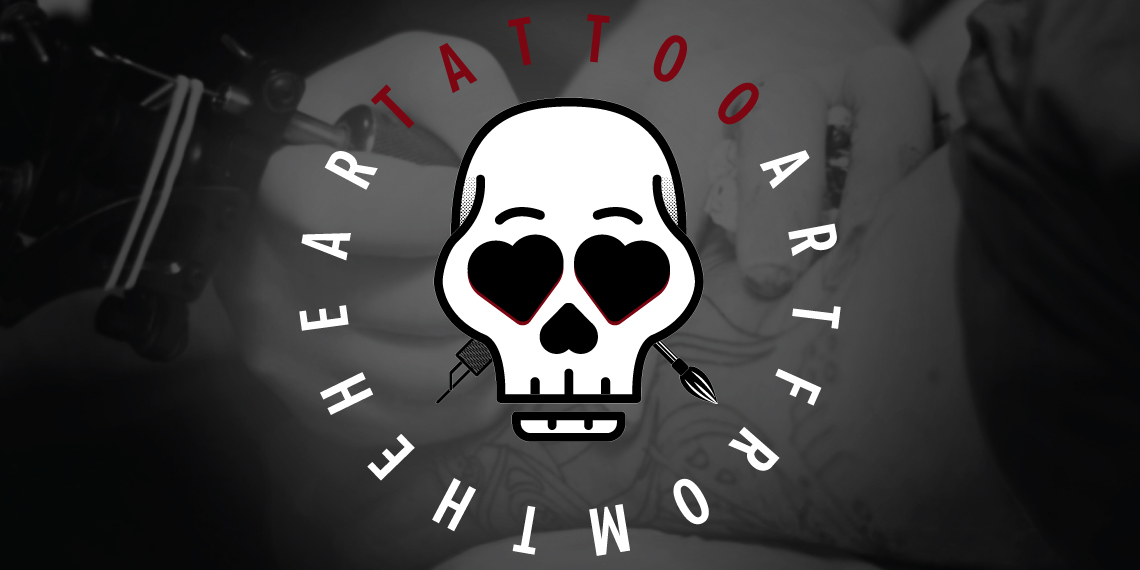In Japanese art and folklore, the Shichifukujin are the Seven Gods of Good Fortune, or also called Seven Lucky Gods. The seven gods are of diverse origin; some are originally from Buddhism, some from Shinto and others from Chinese tradition. There are varying traditions of which gods make up the group. Those seven gods are Ebisu, Daikoku, Benten, Bishamon, Fukurokuju, Jurojin, and Hotei. Even though each generally represents good fortune, they also have some additional associations and characteristics.
The Seven Gods of Good Fortune are part of the Japanese belief system, which derives from a blending of indigenous and Buddhist beliefs. As we already mentioned, the seven gods originate from different backgrounds. They include Hinduism, Taoism, and Buddhism, and also the Shinto faith. Paying homage to them, they will protect you from the seven misfortunes, and you will receive the seven blessings of happiness.
The beliefs in these gods date back from the end of the Muromachi period in Japan. These beliefs were widespread among the people in the Edo period and continued until today.
One interesting thing is that these gods also find their uses in tattoo art. Each of them has its use, meaning, and symbolism, although all the seven symbolize good fortune. Here, we will talk about one of them, the god Fukurokuju, who is the god of longevity and wisdom.
- History and origins of Fukurokuju.

Fukurokuji, from Japanese “Fuku,” meaning happiness, “Roku,” meaning wealth, and “Ju” meaning longevity, is one of the Seven Lucky Gods. According to other theories, he is Japanese assimilation of the Chinese Three Star Gods embodied in one deity.
It is related in appearance to the Chinese Star God Shou, who is the god of longevity and wisdom. According to other beliefs, before attaining divinity, Fukurokuju was a Chinese hermit of the Song Dynasty. He was the reincarnation of the Taoist god Xuanwu. It is also said that during the human incarnation, this god was a sennin. A sennin is a philosopher that can exist without eating food.
The origins of Fukurokuju probably come from an old Chinese tale about the mythical Chinese Taoist hermit sage that performed miracles. This hermit existed during the North Song period. Chinese tradition believes that the hermit embodied the celestial powers of the south polar star. Also, Fukurokuju was not always forming part of the earliest representations of these gods. However, nowadays, he is an established member of the Seven Gods of Good Fortune.
- Fukurokuju tattoos, symbolism, and meaning.
This one from the Seven Lucky Gods finds its use in tattoo art, and it usually symbolizes wisdom and longevity. However, as the other six gods from this group, it also symbolizes good fortune and luck.
Typically, this god had a very high-domed, bald head, mustache, and beard. He is occasionally shown with some animal, which is the symbol of longevity in the culture of Japan. Some of the animals which usually find their use here are a crane, tortoise, deer, and a lot more.
The Seven Gods of Good Fortune do not often find their use in isolation, but they can be incorporated together into larger tattoo designs. However, they can be on their own too, and that depends on the wish of the person.
We already mentioned the origins of this god. Among the seven gods, Fukurokuju is the only one that has the ability to revive the dead. This god loves to play chess, and once he said: “One who can look upon a chess game without comment is a great man.” There is also a story that is related to this.
The story goes like this: One farmer, returning to his home, passed two old men that played chess. As he watched the match in silence, each slow motion after another, he noticed that the beard of one of the contestants grew longer. During the long match, the one with the beard gave the farmer some strange-tasting food. This food was to take away the hunger of the man.
Later during the day, the farmer realized that the day passed, and politely bid farewell to the players. He rushed home, and he discovered that his home no longer existed. After making inquiries, he also discovered that 200 years had passed as he watched the chess game.
As we already mentioned, Fukurokuju is the god of longevity, so this is probably from where he got that symbolism. In tattoos, this god also symbolizes wisdom, happiness, and wealth.
A lot of other mythology or folklore creatures from Japanese tradition find their uses in tattoo art, but the Seven Lucky Gods are the best, among others.
The Japanese theological scene is quite difficult, as well as complex to follow. This is because it is in any nation with several millennia of recorded history. In terms of traditions relating to a religion or culture, things in Japan may be quite confusing. This is because two main religions play a significant role in everyday life – Shinto and Buddhism.






